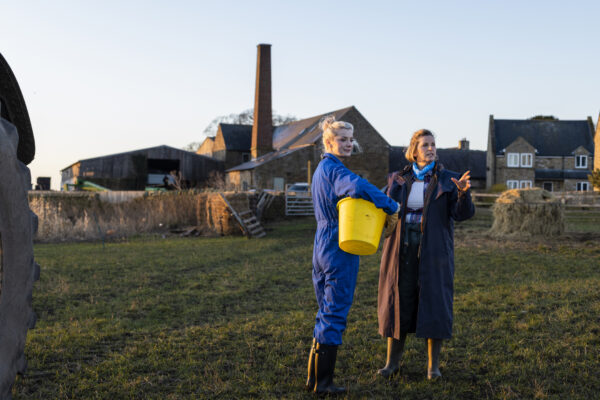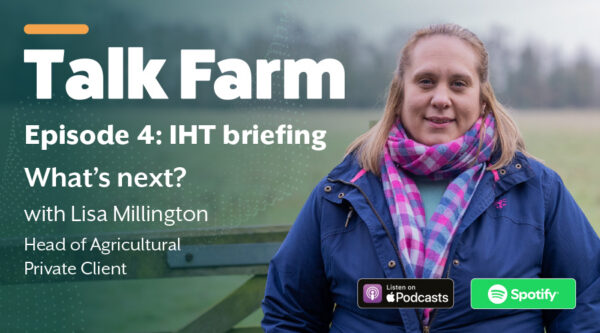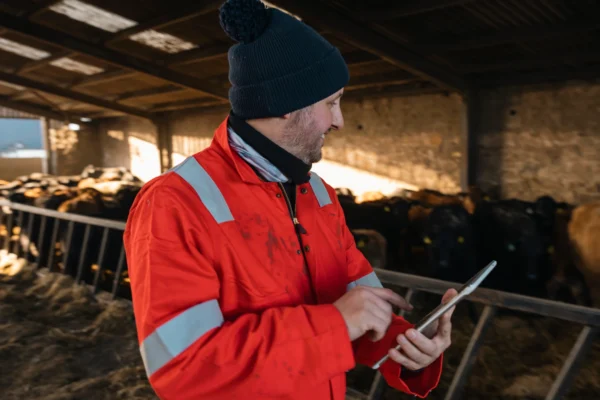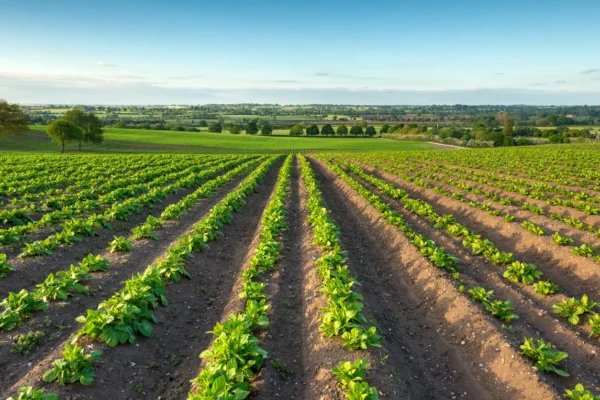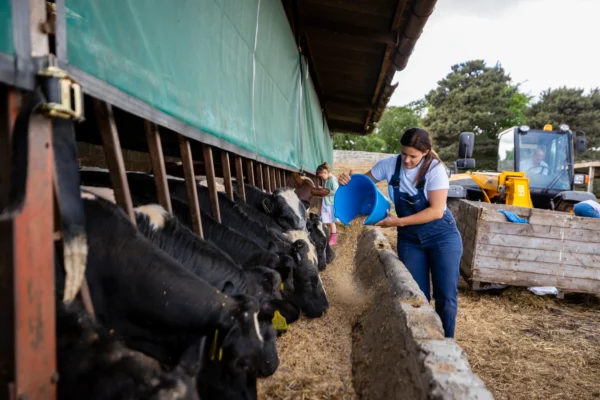
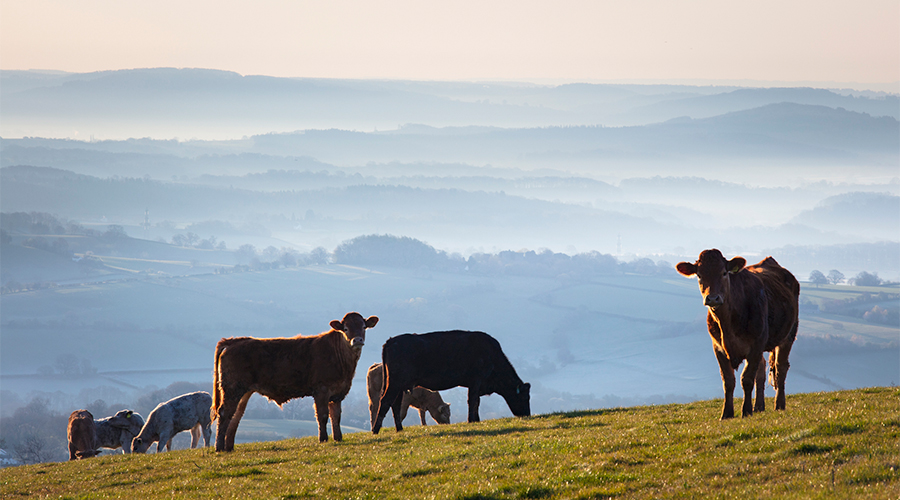
From 10 November 2025, Wales is officially a single bluetongue Restricted Zone. This latest shift by the Welsh government simplifies livestock movement rules and follows earlier restrictions introduced in June 2025 and eased ahead of the autumn breeding season.
What’s new?
On 30 October 2025, the Welsh government confirmed that Wales would become a single all-Wales Restricted Zone (RZ) for bluetongue from 10 November 2025.
The move replaces the previous Temporary Control Zone (TCZ) and varied cross-border regimes.
Key changes:
- The TCZ is revoked and premises-level restrictions removed
- Culling of infected animals and further BTV-3-specific restrictions in Wales will cease
- Livestock movements between England and Wales no longer require bluetongue vaccination or other mitigation, though vaccination is still recommended
- Surveillance continues and controls may still apply for other BTV serotypes.
Why this matters
This update marks a significant simplification for livestock keepers. After the earlier disruption – first under the blanket movement restrictions and then graded market categories – this change by the Welsh government restores free movement of cattle and sheep across the Welsh border.
The Welsh government’s reasoning is that modelling indicates that midge-borne transmission is “very unlikely” after 10 November.
What farmers and advisers need to do now
While the movement restrictions are lifted, the Welsh government’s advice is to continue discussing bluetongue vaccination with your vet, as it remains the best protection for your herd or flock.
From 10 November, you no longer need movement licences or test certificates for BTV-3 when moving livestock between England and Wales. However, farmers still need to check if their stock may travel into Scotland or other jurisdictions with differing rules.
Ruminant health and welfare
With 11 confirmed cases in Wales so far, and potential for other serotypes, keep monitoring and report suspect cases promptly. Maintain good biosecurity protocols and keep vaccination and testing records up to date, even if movement licensing is eased. These may be required if circumstances change.
Please keep up to date with this issue, as the rules could change again if new serotypes emerge or epidemiology changes.
Looking ahead
The transition to an all-Wales RZ signals the Welsh government’s intention to restore cross-border trade flow and reduce complexity. However, it’s anticipated that for the 2026 vector season, a strong toolkit of vaccination, surveillance and movement discipline will once again be put in place.
Farmers operating near the Welsh border, and those moving stock between Wales and England, should therefore ensure that the November change is mirrored in contracts, movement protocols and biosecurity plans.
